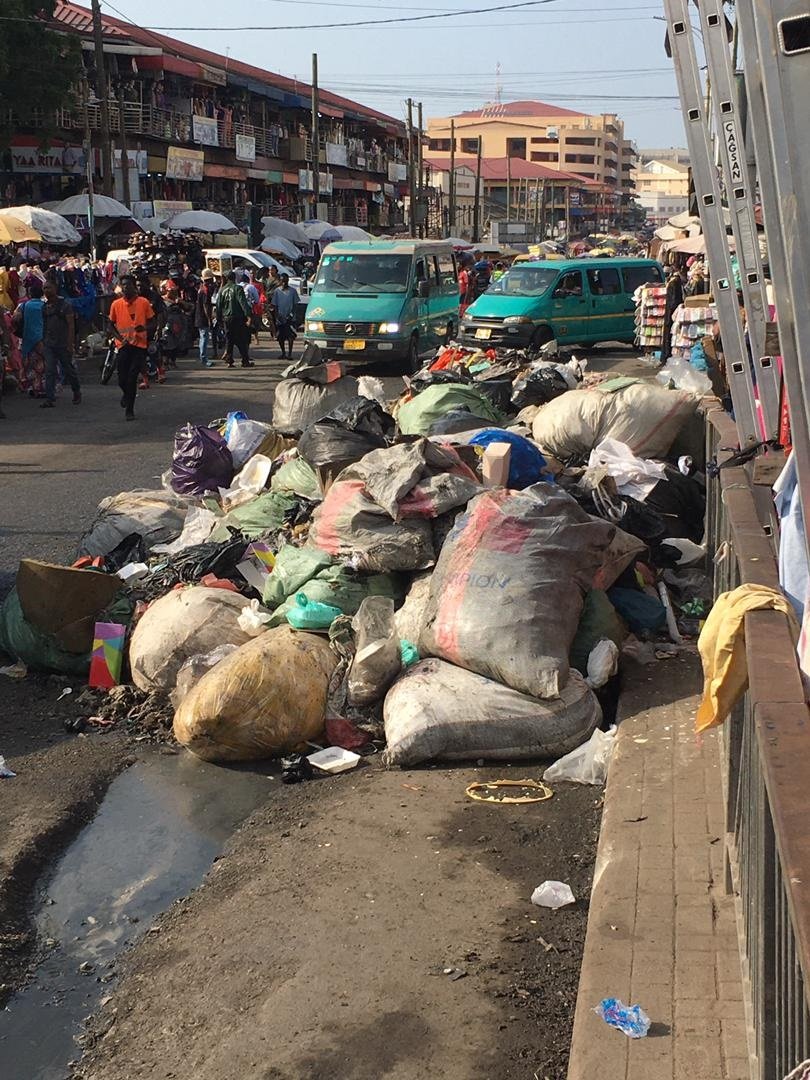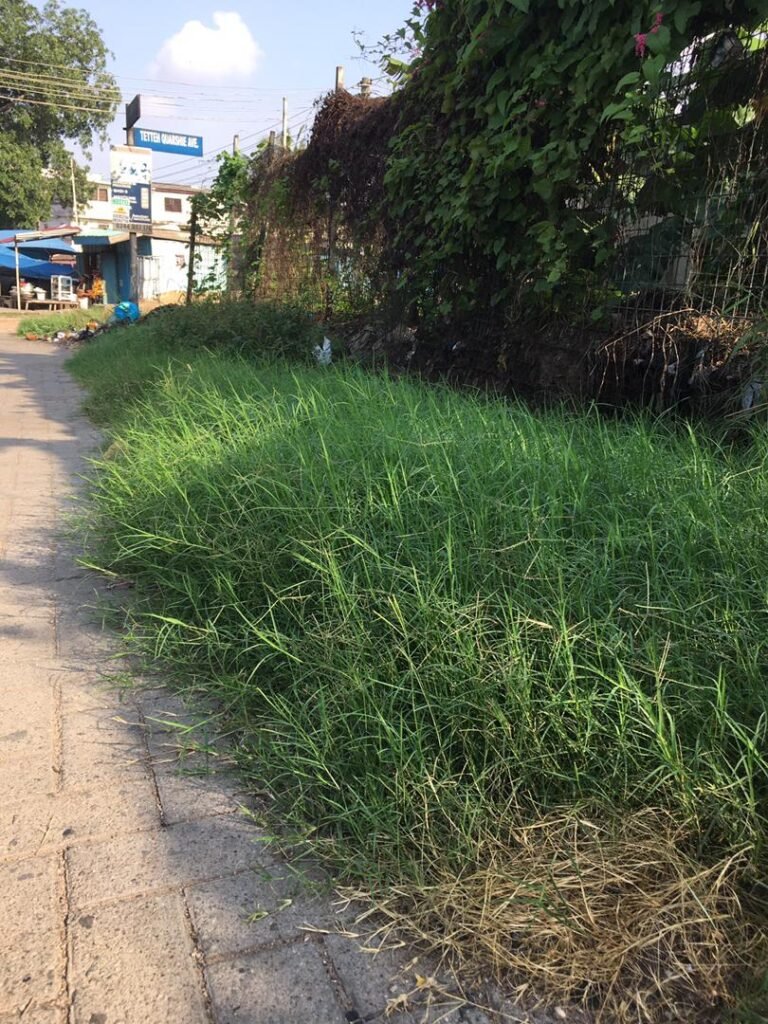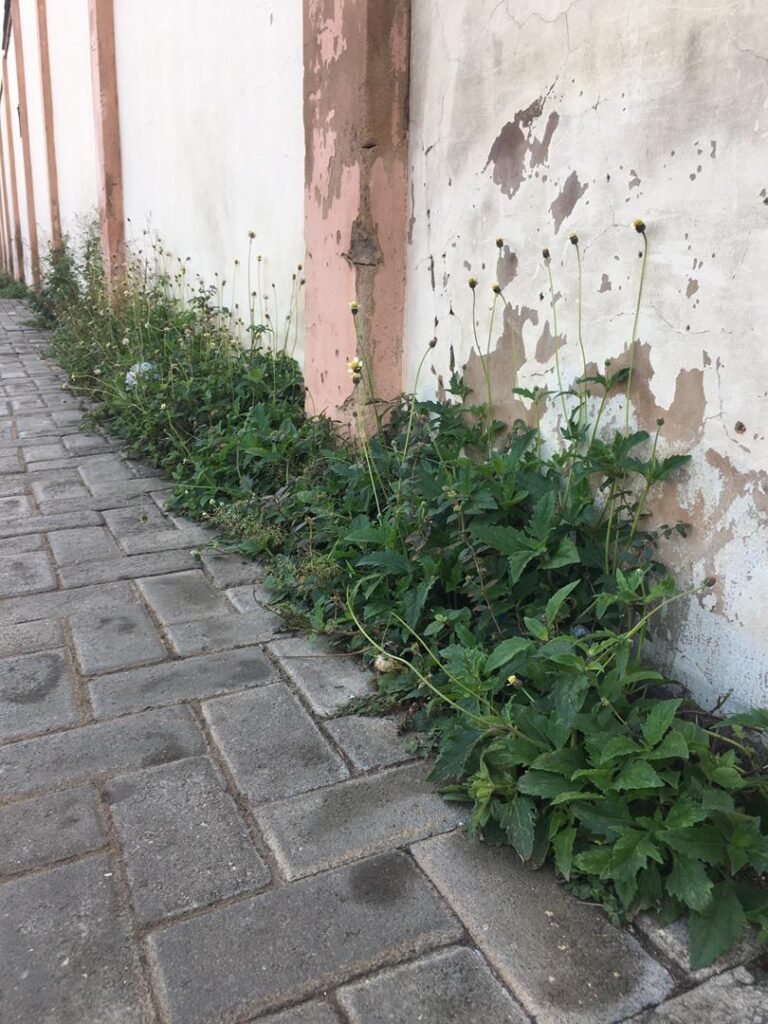Editorial
Need to control family size
National development greatly depends on the size of population we have in the country. If the rate of population growth is higher than economic development, the standard of living is likely to fall.
On the other hand, if economic development rises higher than population growth, standard of living will improve.
This explains why in every country including Ghana, efforts must be made to ensure that population is brought under acceptable control so that families and government can provide adequately for the people they have to cater for.
Day in day out we yearn for schools, good drinking water, good roads, hospitals and so on.
It is good to ensure that these items are provided adequately for the people. Therefore, if the supply of these items are inadequate, many of our people will not be happy and will have to live miserably in society.
Every family is free to produce the number of people it can cater for. However, it is not a particular family that will cater for all the needs of its members. For example, every family cannot build its own school, hospitals, roads, etc for all the members born into it. What happens is that individuals in society tend to depend on the state for their respective socioeconomic development.
Thus, individuals with small family members will have to be competing with those who have very large family members over facilities like roads, water, healthcare and so on. It is for this reason that people must understand issues relating to national population policies. The resources available in a state are meant for everyone, so if each individual gives birth to a small number of people, the country will be able to make lives better by bringing more socioeconomic facilities for people to enjoy.
Many poor people with very little or no income live in rickety structures which they consider as houses. Their standard of living in these areas is very poor but in contrast we have some very rich people who live in two or three bedroom houses with family sizes of about three or four people.
These people tend to enjoy better lives because they have access to good water, electricity, good roads and many other facilities which large families may not have. It is in the light of all these reasons that The Spectator may like to appeal to all Ghanaians to come up with family members they can adequately cater for. If this is done, the nation can easily develop more facilities for its people so that individuals and family members can enjoy higher standard of living.
It is expected that every Ghanaian will adhere to this piece of advice, so that life can be made better for each and everyone of us. We should note that the social amenities needed to make life better for each of us greatly depend on our own selves so we need to control population in our own way so that things can be made better for us all.
This way, life can be made more meaningful as expected.
Editorial
Urgent call to address sanitation, environmental neglect at Legon City Campus, Makola-Tudu Junction

Dear Editor
Ghana is grappling with mounting sanitation and environmental neglect and as a concerned citizen and advocate for a cleaner, safer and more presentable academic environment, I feel compelled to highlight disturbing issues I encountered during a recent visit to the enclave of Workers College, currently operating as Legon City Campus of the University of Ghana as well as Accra Central, specifically the stretch from Makola towards Tudu, just after the Ghana National Fire Service office.

At the Legon City Campus, formerly known as Workers College, widespread overgrowth of weeds along campus walls and walkways poses both safety and structural risks.
The unchecked vegetation is encroaching on pedestrian pathways and threatening the stability of surrounding walls.
Behind the campus, near the road to Adabraka and Liberia Road, garbage and overgrown weeds have turned the area into an eyesore, undermining the prestige of one of Ghana’s premier universities.
The environmental degradation reflects poorly on the institution’s leadership and jeopardizes student and community health.
I would like to urge the University of Ghana Estate Department to act immediately, clearing the weeds, reinforcing structural elements, cleaning the garbage-strewn areas, and establishing a consistent maintenance schedule.
This will ensure safety, institutional pride and civic responsibility.
In Accra Central, a similar crisis is festering. A growing heap of refuse near the Makola-Tudu Junction, just past the Ghana National Fire Service office has overwhelmed pedestrian walkways and spilled into vehicular lanes.
This not only causes human and traffic congestion but also creates a hazardous public health situation in one of the city’s busiest commercial zones.
As a tour guide and advocate for Ghana’s tourism industry, this development has damaging impact on the country’s image.
Tourists encountering filth in the capital’s core are left with a negative impression, counteracting national efforts to boost tourism.
I therefore call on the Accra Metropolitan Assembly (AMA), Osu Klottey Municipal Assembly, and sanitation agencies to enforce waste management laws, improve public hygiene infrastructure and revive the National Sanitation Day initiative to foster civic responsibility.
It is time for authorities at all levels to demonstrate leadership and restore dignity to these vital spaces. The status quo is no longer acceptable.
Frederick Nortey (Traveler, Tour Guide, Blogger, Writer)
Accra
Editorial
Renovate Efua Sutherland Children’s Park
The Efua Sutherland Children’s Park at West Ridge in the Greater Accra Region, now in ruins, needs renovations.
The once-vibrant recreational centre for children, families, students, and tourists is now in a state of neglect, according to our reporter who visited the place.
Efua Sutherland, a well-known playwright and children’s author, is honoured by the Park, an important recreational and cultural area. Her work with children made her a notable figure in Ghanaian literature and education.
The Park used to be well-known and a popular destination for schoolchildren, particularly during vacation, but today visitors are met with outdated machinery and dilapidated infrastructure.
A vital green space in the city, the park provides a calm setting for families and children to unwind, play, and take part in cultural events. It is relevant because it fosters community life, offers recreational opportunities, hosts cultural events, and connects people to their Ghanaian heritage.
Additionally, both locals and visitors may easily access it due to its central location. Nothing seems to have been done to update the space or give it a facelift.
During The Spectator’s tour of the facility it was observed that the 14.83-acre playground’s equipment has rusted and turned into death traps instead of serving the intended purpose of entertaining guests.
Children are put off by the condition of the equipment because they are afraid of getting hurt. Inquiries at the location also showed that few people visit to inquire about the place and that its current condition makes it unappealing for event planners to host special events there. This calls into question the country’s dedication to maintaining such iconic and public areas.
There is an urgent need to address the terrible situation.
In order to ensure that events are hosted in the park, The Spectator urges the Ministry of Gender, Women and Social Protection (MCWSP), which is in charge of overseeing the facility, to collaborate with investors and other stakeholders to give it a facelift.
We think that if the Park is renovated, it will draw more event planners and regain its reputation as a communal hub that promotes cultural pride and a sense of belonging.






